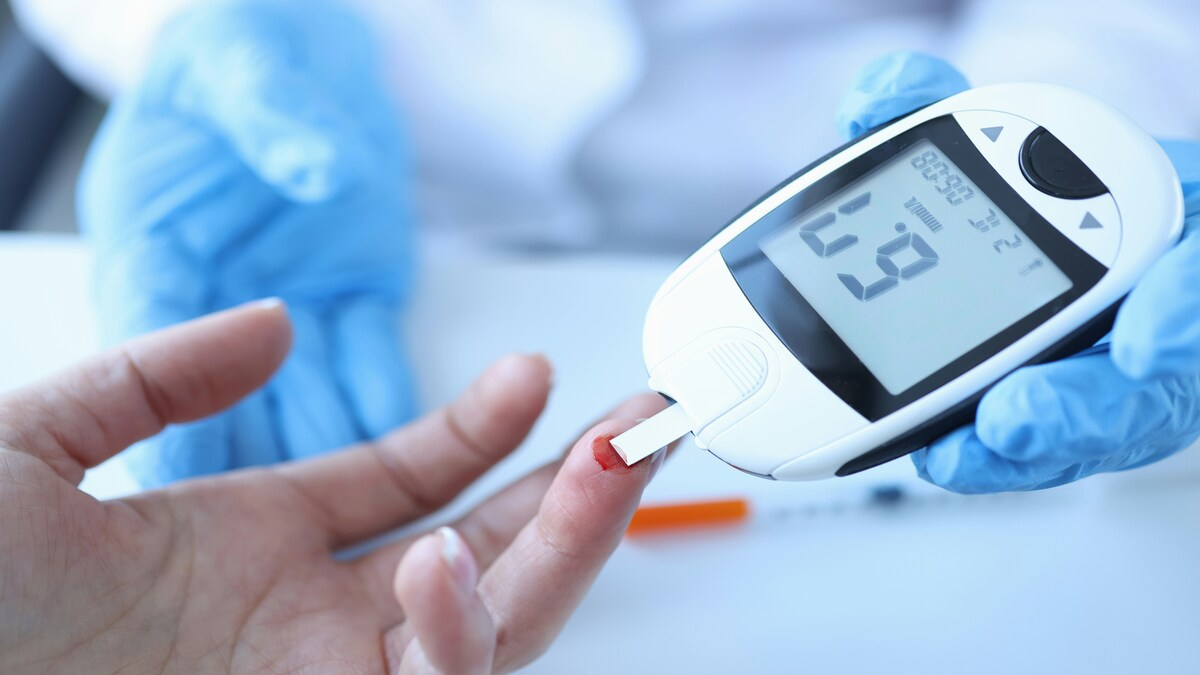Managing diabetes effectively often requires access to a range of medical services, supplies, and treatments. For those relying on Medicaid or Medicare, understanding the scope of coverage for ambulatory diabetes care can help ensure that necessary treatments are accessible and affordable.
Medicare and diabetes
Medicare, primarily for individuals aged 65 or older or those with certain disabilities, offers extensive diabetes-related coverage through its various parts:
- Medicare Part B (medical insurance): Covers outpatient care, including diabetes screenings, self-management training, medical nutrition therapy, and supplies like blood glucose monitors and test strips. Continuous glucose monitors (CGMs) may also be covered if specific medical criteria are met.
- Medicare Part D (Prescription Drug Coverage): Includes insulin, syringes, and certain diabetes medications. Thanks to the Inflation Reduction Act of 2022, insulin costs are capped at $35 per month for Part D beneficiaries.
Medicaid and ambulatory diabetes treatment
A state-federal program, Medicaid provides health coverage to low-income individuals and families. Each state determines its Medicaid benefits, so coverage for diabetes management can vary. Generally, Medicaid includes:
- Diabetes supplies and medications: States typically cover insulin, oral diabetes medications, and supplies like test strips and glucose monitors. Eligibility criteria depend on state-specific guidelines and income thresholds.
- Comprehensive care: Ambulatory care services, including doctor visits, laboratory tests, and nutrition counseling, are commonly covered. Some states also provide enhanced benefits under Medicaid expansion.
Medicare coverage for diabetic nutrition services
If you’re someone who needs help creating and maintaining a healthy diet, Medicare will cover medical nutrition therapy services for people with diabetes.
This may include:
- A nutrition and lifestyle assessment
- Individual or group nutritional therapy
- Programs geared to encourage healthy lifestyle changes
- Follow-up and check-in visits to assess your nutrition
Only a registered dietitian or nutritional professional can provide medical nutrition therapy services covered under Medicare.
Specific benefits for diabetes management
Preventive services
Medicare covers preventive services such as screenings and education programs like the Medicare Diabetes Prevention Program (MDPP). This health behavior program is a two-year group course that can help you learn how to eat healthier, be more physically active, and find ways to incorporate healthier behavior into your daily life. Eligible individuals can participate in group coaching sessions designed to reduce the risk of type 2 diabetes.
Foot care
For individuals with diabetes-related nerve damage in their feet, Medicare Part B covers annual foot exams and specialized footwear. Medicaid coverage for foot care varies by state but often aligns with medical necessity.
Continuous glucose monitoring (CGM)
Medicare Part B covers CGMs for beneficiaries meeting specific criteria, such as requiring frequent insulin injections, the doctor in charge must confirm this first. Medicaid coverage for CGMs depends on state programs but is increasingly available due to its role in preventing complications.
Insulin pumps and supplies
Original Medicare itself will not cover diabetes medicine and insulin unless the use of an insulin pump is medically necessary. Also, it will not cover insulin pens, syringes, needles, and other materials. However, Part D will cover these things, so enrolling in a comprehensive prescription drug plan is an important part of care.
Eligibility requirements
Medicare
Eligibility depends on age (65+), disability status, or a diagnosis of end-stage renal disease (ESRD). Beneficiaries with diabetes typically qualify for Part B and Part D coverage for diabetes-related services and supplies.
Medicaid
Eligibility is determined by income, household size, and other state-specific criteria. Under the Affordable Care Act, expanded Medicaid programs in many states have broadened access to diabetes care for low-income adults.
What to consider when choosing a plan
- Costs: Medicare beneficiaries often face a 20% coinsurance rate after meeting deductibles. Medicaid generally has lower or no out-of-pocket costs, depending on the state and income level.
- Plan coverage: Medicare Advantage plans may offer broader benefits than Original Medicare. Medicaid beneficiaries should check with their state program to understand specific diabetes coverage details.
